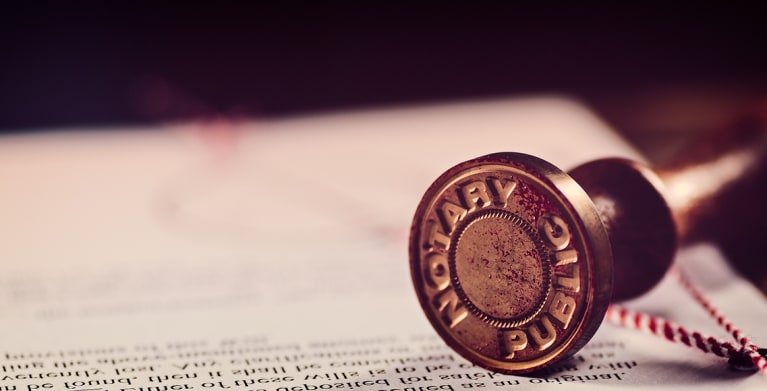Understanding Apostille: Simplifying International Document Legalization
Understanding Apostille: Simplifying International Document Legalization
Blog Article
Demystifying Notarial Work: Streamlining the Function and Importance of Notaries
In the intricate internet of lawful documents and confirmation, notaries stand as pillars of guarantee and credibility. Their role, typically shrouded in secret for numerous, brings substantial weight in guaranteeing the credibility and integrity of important records. As guardians of legitimacy and truth, notaries play a critical part in our society, yet their job is not constantly completely comprehended. By untangling the complexities shedding and surrounding notarial practices light on the importance of their acts, a more clear understanding arises of the essential role notaries play in upholding the fabric of legal and legal agreements.
The Background of Notarial Job
The history of notarial job dates back to old people, where scribes played a crucial role in tape-recording vital information and validating papers. This led to the development of notaries, people selected by the state to act as impartial witnesses in lawful matters.
Throughout the Center Ages, notaries got importance in Europe, with their features increasing to consist of preparing lawful files, accrediting signatures, and preserving documents. The increase of worldwide trade additionally emphasized the value of notarial operate in confirming contracts and agreements across boundaries.
In the modern age, notaries proceed to play a vital duty in lawful and organization transactions by verifying identities, confirming the authenticity of papers, and protecting against fraudulence. Their role in certifying the validity of contracts adds a layer of security and count on to the ever-evolving landscape of commerce and legislation.

Responsibilities and Obligations of Notaries
Notaries play an essential function in validating the authenticity of papers and the identification of notaries. One of their primary responsibilities is to witness the signing of vital documents, such as actions, wills, and agreements, to make certain that all events are getting in into contracts purposefully and voluntarily.
In addition, notaries are entrusted with carrying out vows and affirmations, which are crucial in legal process and the execution of sworn statements. They accredit copies of initial records, supplying assurance to institutions that the duplicates hold true replicas of the originals. Notaries have to maintain accurate documents of all transactions they supervise to make sure openness and liability. In general, the tasks and responsibilities of notaries are important in guarding the stability and legitimacy of different documents and deals.
Notarial Certificates and Signatures
Exemplifying meticulous focus to information, notarial certificates and signatures serve as necessary elements in verifying the credibility of lawful records. Notarial certificates commonly have crucial info such as the day of notarization, the names of the signatories, a description of the document, and the index notary's official seal. These certifications supply a clear record of the notarial act, guaranteeing that the file can be easily recognized and mapped back to the notary who looked after the process.
Signatures Clicking Here play a pivotal role in notarial job, as they indicate the arrangement and authorization of the parties entailed. Notaries very carefully witness the signing of papers to confirm the identification of the signatures and validate that they are authorizing of their own free choice. By affixing their main seal and trademark to the document, notaries certify that the essential procedures have been complied with which the document is enforceable and legitimate.
Basically, notarial certificates and signatures are the trademark of authenticity in legal deals, offering assurance to all parties involved that the papers are legitimate and binding.
Significance of Notarial Acts

Notarization Process Described
Discussing the registration procedure gives clarity on the important actions entailed in verifying legal records. The registration process typically begins with the individual providing the record to a notary public. The notary then validates the signer's identification via acceptable recognition approaches. As soon as the identification is verified, the notary guarantees that the individual authorizing the Homepage document does so voluntarily and without any kind of coercion.

Conclusion

Notarial certifications normally consist of essential info such as the date of notarization, the names of the signatures, a summary of the document, and the notary's official seal. These certifications give a clear document of the notarial act, making sure that the record can be conveniently identified and mapped back to the notary who oversaw the process.
By affixing their official seal and trademark to the file, notaries certify that the essential procedures have been adhered to and that the file is enforceable and legitimate.
By confirming the identification of the signatories, validating their willingness to get in into the contract, and licensing the date and area of the finalizing, notaries play a vital duty in promoting the validity of lawful documents.After the file is signed, the notary will certainly affix their main seal or stamp onto the record.
Report this page